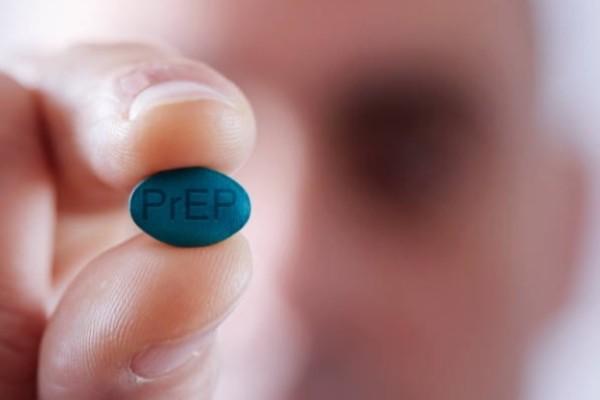
For Teachers & Professionals
When the doctors talk about sexuality: what are the patient's reactions?
For a long time, society’s interest in an individual’s sexuality was limited to two matters: the prevention of sexually transmitted diseases and birth control. In recent years, more issues turned up, and the concept of sexual health emerged. According to the World Health Organization, “Sexual health is fundamental to the overall health and well-being of individuals, couples and families, and to the social and economic development of communities and countries. Sexual health, when viewed affirmatively, requires a positive and respectful approach to sexuality and sexual relationships, as well as the possibility of having pleasurable and safe sexual experiences, free of coercion, discrimination and violence”.
The active screening of sexual disorders should be an integral part of good clinical practice and patients expect to discuss sexuality with their doctor. Despite this expectation, only a minority reported having experienced sexual history taking, thus highlighting many missed opportunities for prevention. The vast majority of the patients wish that their physicians are interested in their sexual life and desire to receive counselling. Moreover, many patients consider that this issue should be addressed at the very first clinic visit. In contrast, some obstacles are regularly evoked by physicians to explain their apparent disinterest in their patients’ sexuality. In particular, they are afraid of generating embarrassment among their patients if they broach topics of a sexual nature, or feel they should know the patient well before discussing such issues.
While doctors fear they might evoke embarrassment in bringing the topic up, what are the real feelings of the patients?
It seems that beyond the initial feeling of surprise, for the most part, patients do not deem the sexual intimacy question to be intrusive. They are able to overcome their feeling of surprise by giving either a medical meaning or a contextual meaning to the question, so as to be ready to
participate in that unusual patient-doctor discussion. Addressing such a topic would also strengthen the patient-doctor relationship by allowing the consultation to explore the realm of intimacy. Most patients find the questions neutral (it’s like every other question, it doesn’t offend the patient) or that they evoke positive feelings (it s a good practice, it’s interesting, it gives reassurance). Only a really small amount of patients find it embarrassing, for personal beliefs or because they find it irrelevant to the topic discussed. Some patients may not still be used to sexual problems screening for the taboo that surrounded the topic until not long ago. Despite this, still, the majority of patients are in favour of systematic screening. What instead most patients expect when diving into intimacy topics is a good relationship with the doctor. This means that the physician should establish a relationship on trust, warmth and welcoming dispositions, openness and without judgment.
REFERENCES
Meystre-Agustoni, G., Jeannin, A., de Heller, K., Pécoud, A., Bodenmann, P., & Dubois-Arber, F. (2011). Talking about sexuality with the physician: are patients receiving what they wish? Swiss Med Wkly, 141:w13178. doi:10.4414/smw.2011.13178
Sexual health. (n.d.). World Health Organization (WHO). Retrieved September 20, 2022, from https://www.who.int/health-topics/sexual-health#tab=tab_1
Zéler, A., Troadec, C. (2020). Doctors Talking About Sexuality: What Are the Patients’ Feelings?. Sexual Medicine, 8(4), 599–607. doi:10.1016/j.esxm.2020.08.012
Share the knowledge!
More For Teachers & Professionals Q&A

Early Pregnancy Loss and Emotional Counselling with a Patient-Centred Perspective

Emphatic Communication

Pregnancy and Sexuality

Communication Strategies for Discussing PrEP

Female cancer and Sexuality Part 1: Clinical inquiry regarding female sexual health

The Open Communication model of Brenner for patients with Parkinson’s disease
This is a website that WE are building together. If you have a question there is no answer to on this site, send it here!
